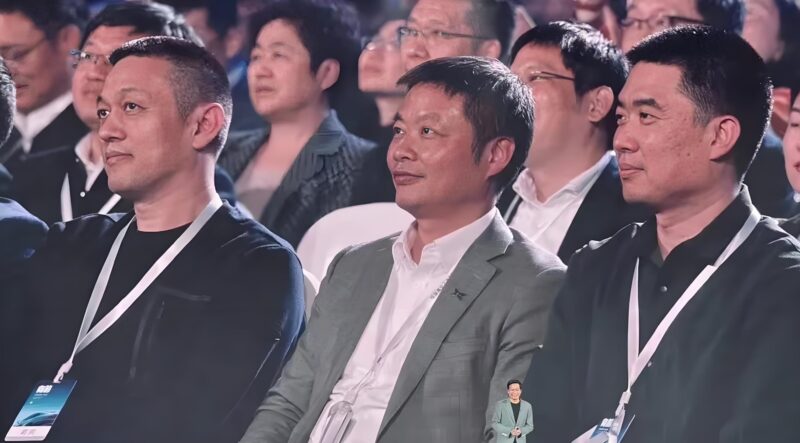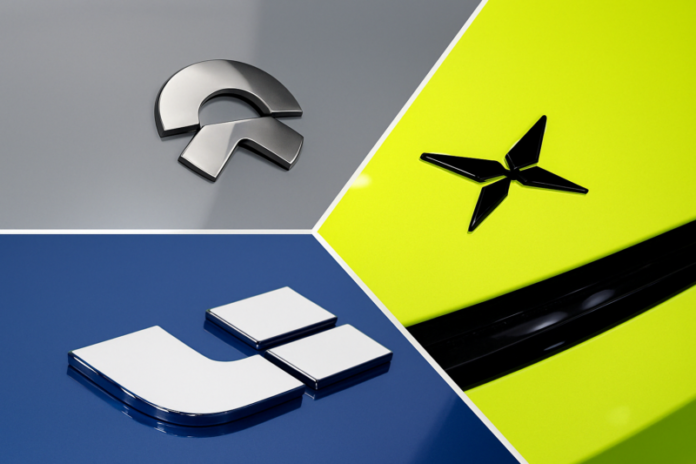In the Tencent News panel called Auto Market Hot Topics+, Professor Zhu Xican from the School of Automotive Engineering at Tongji University discusses the future of the three EV startups Nio, Xpeng and Li Auto.
According to Zhu, if none of the three EV startups go bankrupt, their probability of existing independently is zero. “They must merge, restructure and cooperate as soon as possible,” Zhu adds.
According to Zhu, any EV maker that sells under 2 million vehicles a year will not survive, as the scale would be too small and R&D costs would be too high. “If the R&D investment is small, the technological progress will stop. With such high R&D investment and such a small output, you will die,” Zhu says.
The analyst sees Li Auto as a current winner who managed to avoid big mistakes. Xpeng relies too much on software and ignored the hardware side of the vehicle in the early stage, which led to product problems, but it seems this was fixed with introdcing Wang Fengying (former CEO of Great Wall Motor) and Xpeng’s CEO. Nio’s William Li is too concerned about creating “atmosphere” and doesn’t focus enough on R&D investments.
Another panelist attending the Auto Market Hot Topics+ was Li Yanwei, a member of the Expert Committee of the China Automobile Dealers Association. Li believes that if Li Auto can succeed in the electric vehicle market, its future development will have an advantage over the other two EV startups. “If new all-electric models can replicate their success in the EREV market, Li Auto will be able to expand its market share further and increase sales and profits.”
Li believes there are currently too many brands in the EV market that need to die. “I don’t think there will be many companies that can survive, because after all, the elephant in the room is called BYD. I don’t think other small companies will have much value in existence.”

Another analyst, Yiran, argues that if we agree to the 2 million sales volume being the survival threshold, with about 20 million future EV sales per year in China, only ten companies can survive. “The Future of most of the current brands is uncertain.”
The Xiaomi SU7 has become a sales phenomenon, not only because of its appealing design and features but also because consumers perceive the Xiaomi brand as “big and powerful.” With substantial financial backing and a presence across multiple industries, Xiaomi gives buyers confidence that the brand is here to stay. As a result, customers are less concerned about the company folding or the car’s resale value.
Its status drives Tesla’s strong sales as a globally recognized electric vehicle brand. Many consumers buy Tesla models to follow the trend, and used car dealers are happy to purchase them due to their high resale value and profitability, Yiran concludes.
The Tencent News-hosted panel concluded that in a market dominated by BYD’s cost control and Tesla’s scale, the “Big Three” China EV startups, Nio, Xpeng, and Li Auto, must either consolidate, reinvent their tech edge, or face extinction. As Zhu Xichan starkly put it, “The probability of independent survival is zero.”


